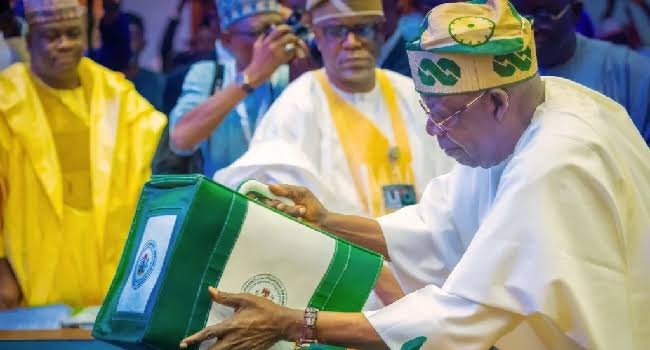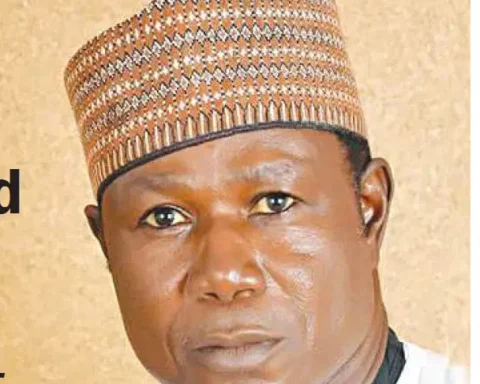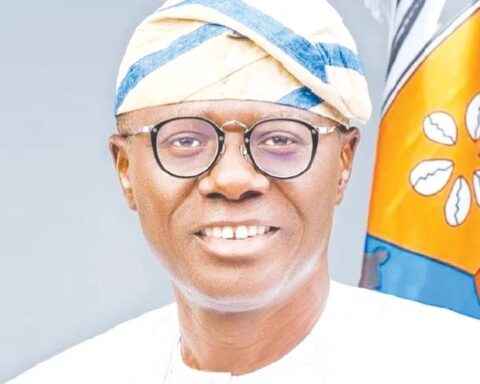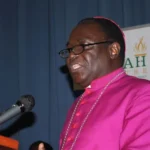Over the last three years, Nigeria’s annual budget cycles have been consistently marred by a troubling trend: budget padding. This term, often used to describe the dishonest insertion of extraneous, inflated, or duplicate expenditures into the national budget, has become a recurring feature of the country’s fiscal process. Despite public outcry, media scrutiny, and repeated denials by lawmakers, budget padding continues to distort national priorities, misallocate resources, and undermine trust in public institutions.
The national budget is not just a financial document, it is the blueprint for development, the government’s promise to the people. In a country where millions face poverty, poor infrastructure, and inadequate public services, the integrity of the budget is essential. Unfortunately, the last three federal budgets; 2022, 2023, and 2024, have shown that political interests and legislative manipulation too often override national development goals.
The 2022 Appropriation Act under then-President Muhammadu Buhari saw early signs of budget manipulation. Buhari flagged over ₦36.59 billion worth of projects that were inserted by the National Assembly during the appropriation process. Many of these additions lacked justification, were not proposed by relevant ministries, and did not align with Nigeria’s economic recovery plans. Though some were labeled as “constituency projects,” the vagueness and lack of transparency around their execution raised red flags. These insertions raised fundamental concerns about legislative overreach and the lack of alignment between the executive and the legislature on national priorities.
Rather than being curbed, budget padding intensified in 2023. Reports indicated that lawmakers inserted projects totaling approximately ₦770.72 billion. An additional ₦58.55 billion was added to various MDAs’ allocations without the knowledge or approval of the Executive. Civil society organizations like BudgIT repeatedly raised concerns about inflated and duplicated items, often hidden under vague titles like “empowerment programs” or “ICT equipment for rural communities.” These items frequently had no clear location, implementation timeline, or justification. This level of manipulation not only misdirected funds but also exposed the weak institutional oversight mechanisms within Nigeria’s budgetary process.
The controversy peaked in 2024 when Senator Abdul Ningi publicly alleged that the 2024 federal budget had been padded by a staggering ₦3.7 trillion. According to Ningi, this amount could not be traced to any specific line item and suggested that two parallel budgets were being operated—one passed by the National Assembly and another implemented by the Executive. He cited examples of ghost projects, such as a ₦500 million allocation for “Energy Poverty Intervention” with no listed location and another ₦40 million for vague agricultural programs.
The Senate responded with denial and suspended Ningi for three months, claiming that the ₦3 trillion figure consisted of statutory transfers to first-line agencies like INEC, the National Judicial Council, and the NDDC. However, this explanation did little to calm public suspicion. Many saw the suspension as an attempt to silence dissent rather than address the substance of the allegations. The incident reignited debates about the transparency of Nigeria’s budgetary process and the need for systemic reform..
The persistent practice of budget padding has severe and far-reaching consequences for Nigeria’s development trajectory:
Resource Misallocation and Waste: Trillions of Naira are diverted from critical, impactful projects to redundant, ill-conceived, or outright fictitious ones. This means less funding for essential services like education, healthcare, infrastructure, and poverty alleviation programs that directly impact the lives of ordinary Nigerians. For instance, the recent BudgIT report on the 2025 budget (which built on patterns observed in previous years) highlighted insertions of 1,477 streetlight installations at N393.29 billion and 538 borehole projects at N114.53 billion, often with questionable necessity or inflated costs, demonstrating a focus on projects that are easier to compromise rather than those with widespread developmental impact.
Erosion of Public Trust and Accountability: When citizens perceive that the budget, meant to serve their collective good, is being manipulated for personal or political gain, it erodes trust in government institutions. This cynicism can lead to voter apathy, reduced civic participation, and a general lack of faith in the democratic process. It also undermines efforts to promote transparency and accountability in governance.
Distortion of National Priorities: The executive arm formulates the budget based on national development plans and strategic priorities. Budget padding by the legislature can significantly alter these priorities, diverting funds to projects that serve individual or regional interests rather than the broader national good. This undermines effective planning and can lead to uncoordinated development efforts..
Inflationary Pressure and Fiscal Instability: Inflated budgets require more funding, which can be sourced through increased borrowing or printing money. Both have inflationary implications, leading to higher prices for goods and services, and further burdening the populace. It also contributes to fiscal instability, making it harder for the government to manage debt and respond to economic shocks.
Weakening of Institutions: The repeated allegations and controversies surrounding budget padding weaken the integrity of key democratic institutions, particularly the National Assembly. It fuels perceptions of corruption and undermines the legislative oversight function, which is critical for good governance.
The issue of budget padding in Nigeria’s federal budget over the last three years (2022-2024) is a glaring symptom of deeper systemic issues related to transparency, accountability, and fiscal discipline. While the National Assembly asserts its constitutional right to scrutinize and amend the budget, the consistent allegations of arbitrary insertions, inflated costs, and non-existent projects highlight a critical need for reform.
To combat budget padding, Nigeria must take bold steps. This includes establishing a non-partisan, independent budget oversight agency to audit all insertions and amendments. Legislators must also be held accountable through stronger laws against financial misconduct, and whistleblowers like Senator Ningi should be protected, not punished.



























